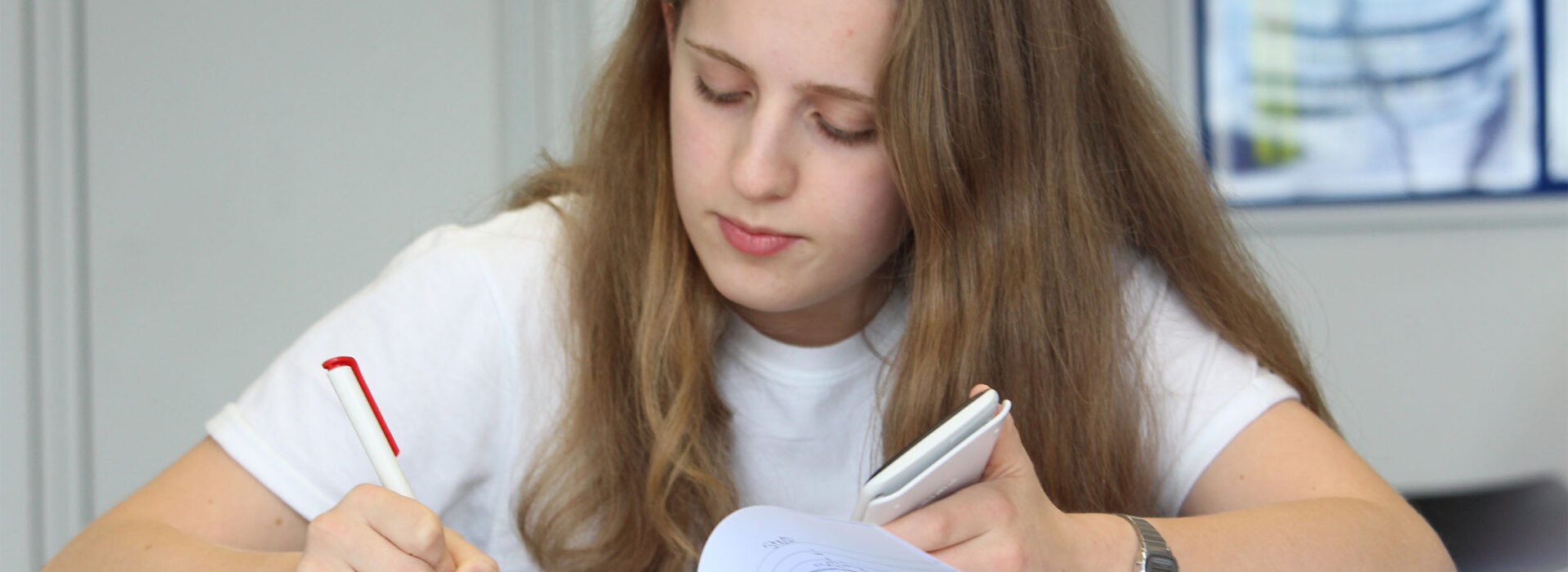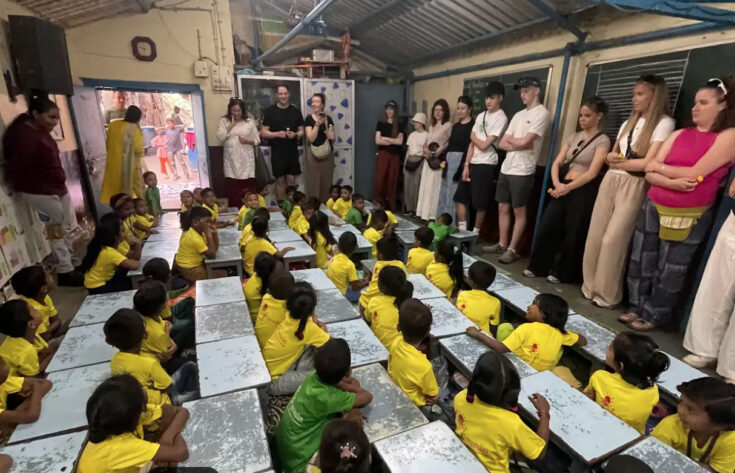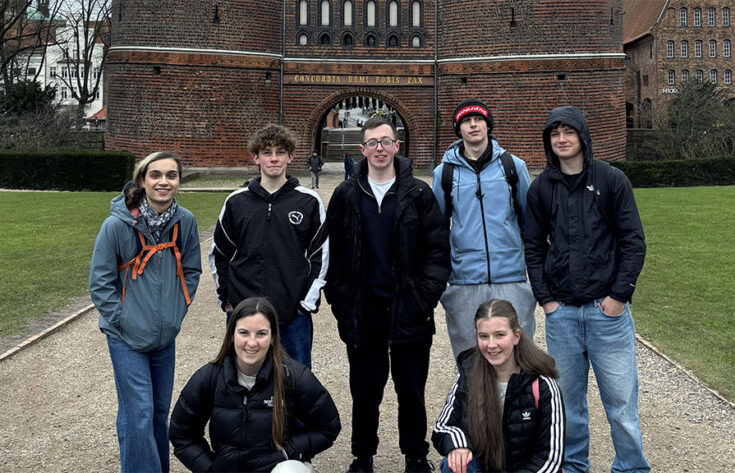Mathematics
This course is for those who enjoy the challenges of mathematics and want an A level which is highly thought of by both employers and universities.
Students will further develop familiar mathematical topics learned at GCSE such as algebra, co-ordinate geometry, trigonometry and probability. New topics introduced at A level include: sequences and series; calculus; Newton’s laws of motion; and statistical hypothesis testing.
Students are expected to use technology such as graphical calculators, graphing software and spreadsheets. All your examinations will be taken at the end of the two year course.
To be successful on this course, you will need to be hardworking and diligent, as each topic builds on earlier work and everything is dependent upon a sound understanding of the GCSE content. There is plenty of additional support provided to help students with the transition from GCSE to A level.
Mathematics at this level is very dependent upon good algebraic skills and students enrolling on these courses will be expected to do some preparation exercises during the summer. These exercises are available to download on this page under the Preparation Exercises section.

The course covers three broad areas of mathematics:-
- Pure Mathematics is the methods and techniques which underpin the study of all other areas of mathematics. This includes proof, algebra, trigonometry, calculus, and vectors.
- Mechanics is the mathematics used to study the physical world, modelling the motion of objects and the forces acting on them. This includes Newton’s Laws of Motion and moments.
- Statistics involves statistical sampling, data presentation and probability, leading to the study of statistical distributions with special properties, such as the Binomial and Normal Distributions. All of these follow on from topics met at GCSE.
Students with A level Mathematics are highly sought after by both employers and universities. Mathematics students not only have the ability to solve problems and think logically, but they also develop strong team-working skills, resilience, effective communication of complex ideas and the ability to use your own initiative; all highly desirable in the modern workplace.
Many university courses will require a qualification in Mathematics. Typically Physics, Engineering and Chemistry but often Computer Science and Economics too. If you already have a firm idea of what you want to study at university, then it is a good idea to check entry requirements before making your final subject choices.
The breadth of mathematical applications is immense. It underpins most of science, technology and engineering and is also important in areas as diverse as business, law, nutrition, sports science and psychology. There are many opportunities to use mathematics to make a difference in society, for example through the analysis involved in medical research, developing new technology, modelling epidemics or in the study of patterns of criminal activity to identify trends.
- UKMT Senior Maths Challenge
- Maths Inspiration Lecture
- Maths Fest
- Dame Kathleen Ollerenshaw Lecture
- Making Maths at Manchester
- Problem Solving Course
- Trip abroad












